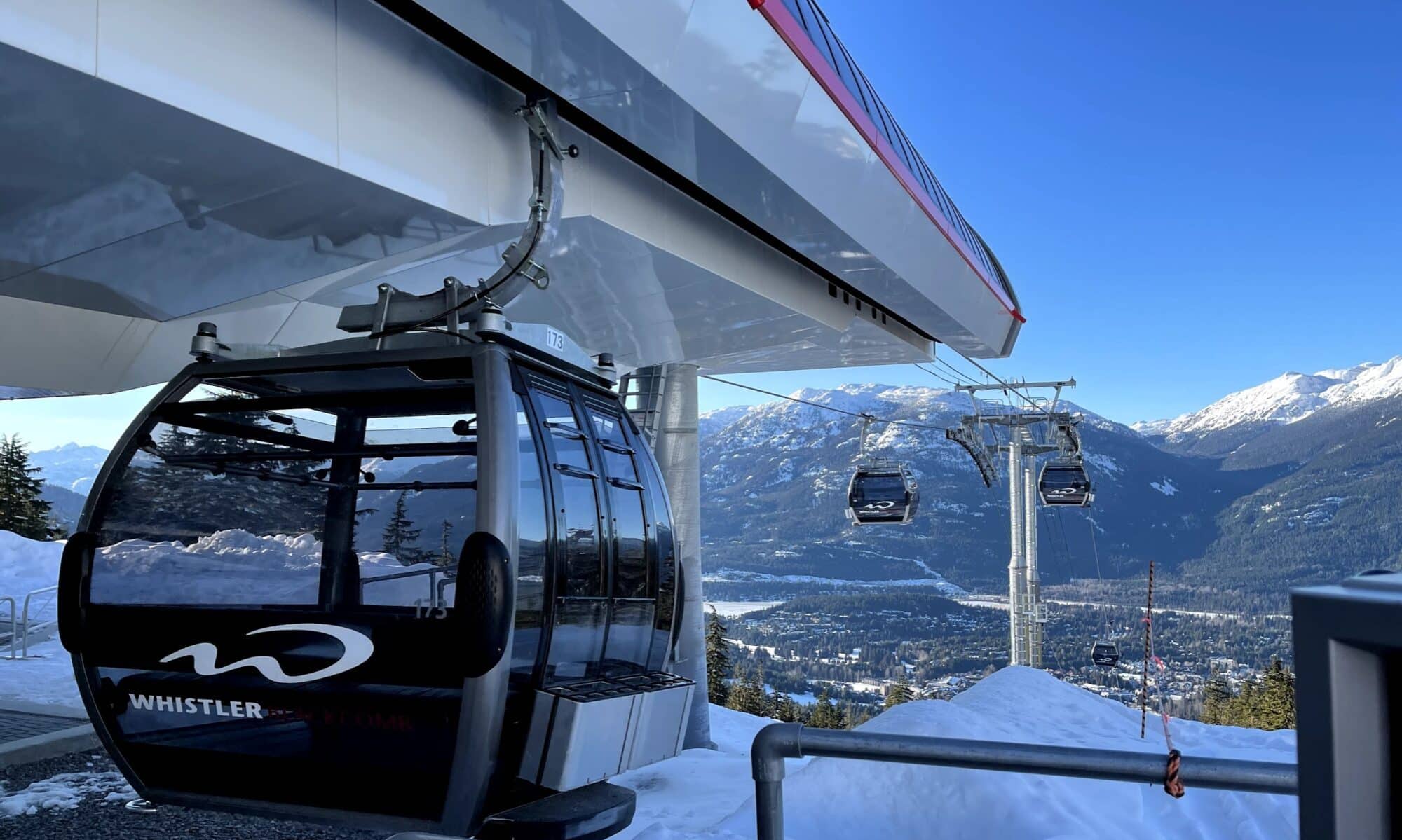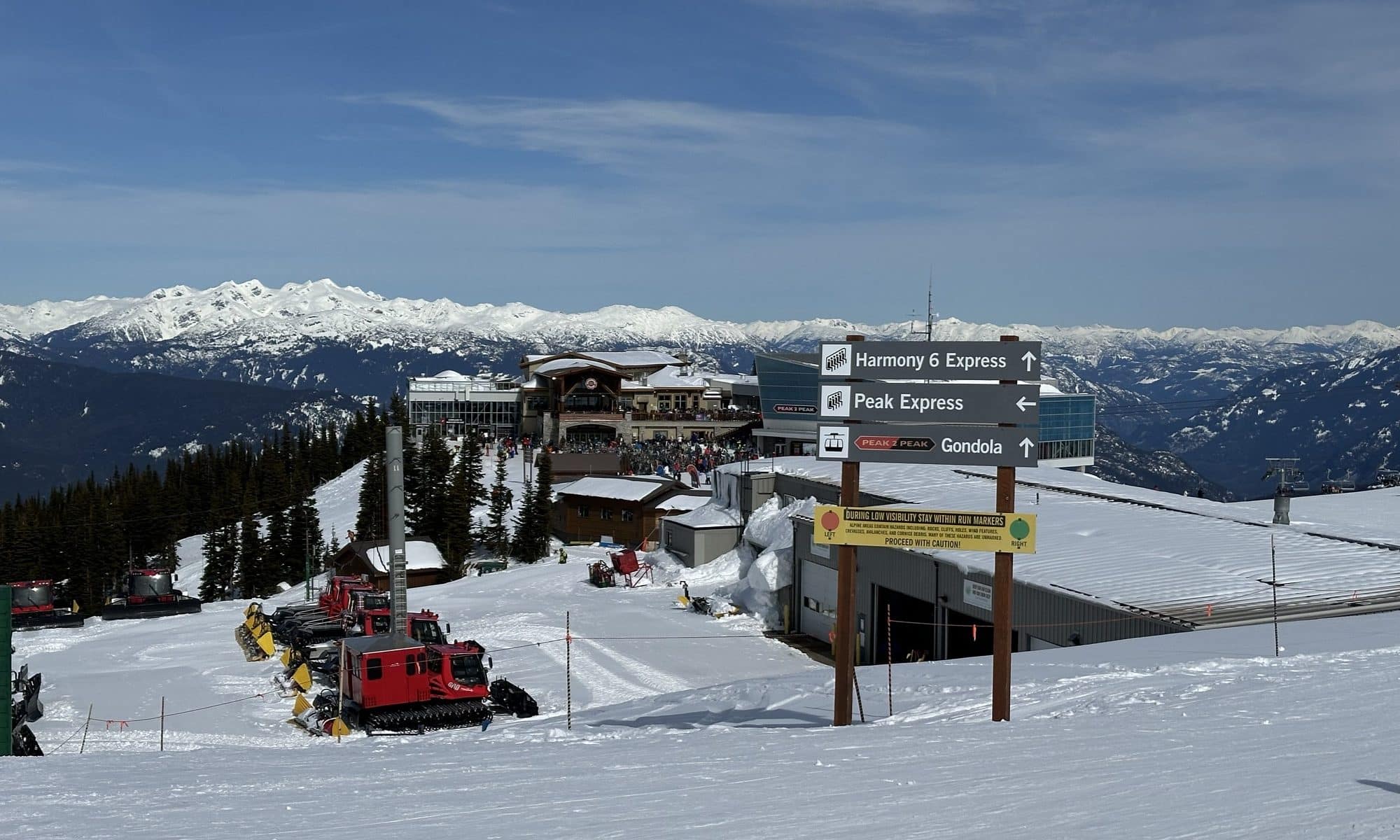Underused Housing Tax (UHT)…Good News and Bad News
For non-residents, there is good news and bad news about UHT. It all depends on how often you want to use your Whistler property, and who is on the title deed. In other words, what is the intent of your use. One would hope that you love coming to Whistler to enjoy this wonderful resort year-round. This page offers an overview and focuses on non-resident owners as the UHT Act affects them.
Note: the author of this page is a realtor, not an accountant. Researching this topic and meeting with a local tax accountant was like going down a rabbit hole. In addition, understanding UHT and recreational property in Whistler is scratching the surface of understanding UHT. Therefore, only the basics have been noted on this page, and as far as I know, the information is correct. My intent is provide an understandable definition of UHT for non-residents who have the title in their personal name. However, it is essential to talk with your Whistler accountant when you first start your search.
Table of contents
- Underused Housing Tax (UHT)…Good News and Bad News
- Overview
- A Non-Resident is an Affected Owner
- Good News and Bad News
- Examples of Usage
- Rental Property…The Good News
- Phase 2 Property…The Bad News
- Quarter Share…The Good News
- Zoning and UHT
- Selling Property and UHT
- Whistler is Unique
- More Questions and Answers on UHT
- Next Steps
Overview
It appears that the Underused Housing Tax (UHT) Act is the Government of Canada’s (GOC) way to find out who owns property in Canada and to determine how much each property is being used. There are several types of zoning for properties in Whistler, various exemptions and the GOC wants to know what is going on with all types of ownership. Therefore, each non-resident owner must file an annual UHT return. Some might say that this is just a cash-grab by the current liberal government. Either way, failure to comply will result in fines…another cash-grab.
A Non-Resident is an Affected Owner
From the Government of Canada website:
- As an affected owner (non-resident), you must file an annual UHT return by April 30th. This document tells the GOC how much you have used your property.
- Usage is based on the previous calendar year.
- Each affected owner of the property must file their own UHT return.
- If an affected owner has used the property a minimum of 28 days then he files the UHT return, and does not pay any UHT. He is exempt from UHT for that calendar year.
- If an affected owner of the property has not used the property a minimum of 28 days, he files the UHT return and “writes a cheque” for his percentage of ownership x 1% of the market value of your property.
Good News and Bad News
Good News: Whistler is exempt from the Government of Canada’s (GOC) ban on foreign investment in Canadian real estate. Non-residents are welcome to invest in Whistler.
Good News: The total for a property is 1% UHT. Each affected owner pays their percentage of ownership if they do not use the property for 28 days. If there is one affected owner, he is responsible for 100% of the 1% UHT. If there are 4 affected owners each is responsible for 25% of the 1% UHT.
Good news: Each person who wants to buy a (Phase 1) property zoned for nightly rental and rent out nightly and use it themselves can do so with limitations. The owner(s) can use their property for 28 days each without repercussions from the Canada Revenue Agency (CRA). The CRA has a 10% restriction on personal use if the intent of your phase 1 property is to generate revenue. Therefore, use is now between 28 days and 35 days. This is good news.
Good news: Canadian Citizens who reside outside of Canada for UHT purposes are treated as exempt from UHT. This is different from GST restrictions, where a Canadian Citizen who resides outside of Canada is treated as a non-resident.
Good news: Affected owners who own vacant land are exempt from UHT.
Good news: Affected owners who are building a home are exempt from UHT. The property must be habitable before UHT comes into play.
Good and Bad News: For some owners this is bad news, for others, it has no bearing because their quarter share is blocked for owner usage and is not in the rental pool. Affected owners are required to use the property for 28 days, and their CRA allowance is 9 days (36/4) of personal use before the CRA come knocking on the door. Note: Quarter-share properties are not featured on this site.
Good and Bad News: Affected owners of Phase 2 investment property are required to use the property for a minimum of 28 days to offset the UHT. However, the good news is that with a Phase 2 property, the non-resident is allowed to use the property up to 56 days without penalty. The bad news is that because Phase 2 is a business income investment typically purchased because of cash flow the owner may not want to use the property 28 days, as it will affect cash flow. Read the page on Non-Resident: Investment Property for more on Phase 2. Note: Phase 2 properties are not featured on this site.
Examples of Usage
Remember this: A married couple can share the task of using the property 28 days regardless if they are both on title or not. The same applies to a common-law couple.
Names On the Title Deed
The UHT Act states that an affected owner is a non-resident owner and must use the property a minimum of 28 days to avoid paying UHT. To clarify, if the person on title is married or in a common-law relationship then that owner has some help whether their partner is on title or not.
Each owner on title has to file for UHT Return by April 30th each year. If there are three joint owners of a property, each is responsible for filing a UHT return by April 30th and paying a third of 1% each if they do not use the property up to 28 days. It is an “every man for himself” situation. See the example below:
Married or Common-law Couples
| Name on Title Deed | Relationship | Usage of Whistler Property | UHT Status |
|---|---|---|---|
| Mr. A Or Mr. A and Mrs. A | Mr. A is married or in a common-law relationship with Mrs. A. | Mr. A does not use it at all. Mrs. A uses it 28 days. | Owner(s) is exempt as there was 28 days of usage. |
| Mr. B Or Mr. B and Mrs. B | Mr. B is married or in a common-law relationship with Mrs. B. | Mr. B uses property for 5 days by himself. Mrs. B uses property for 3 days by herself. This is 8 days of usage. | 20 days short of being UHT exempt. |
| Mr. C Or Mr. C and Mrs. C | Mr. C is married or in a common-law relationship with Mrs. C. | Mr. C and Mrs. C come to Whistler together for 10 days. This counts as 10 days. Note: It does not count as 20 days. | 18 days short of being UHT exempt |
Owner is Single
| Names on the Title Deed | Sharing the Usage | UHT 28 days |
|---|---|---|
| Tony Jones | Tony is on title and is neither married nor has a common-law partner. | Tony has to use the property himself for 28 days for UHT exemption. |
Two Owners
John Smith and Tony Jones bought a Whistler property together:
| Names on the Title Deed | Percentage ownership | Usage in previous year | Condo value $1M |
|---|---|---|---|
| John Smith | 50% | 28 days | UHT Exempt |
| Tony Jones | 50% | 27 days | (1% x $1M) =$10,000 50% x $10,000 =$2,500.00 |
Joint Owners Usage
- 2 people who are neither married nor in a common law relationship with each other: both are non-residents and they are joint tenants, each owning a 50% share of the condo in Whistler.
- Each of them must file their own UHT return by April 30th based on usage of the previous calendar year.
- Each is responsible for using the property for 28 days to be exempt from UHT.
- Person A uses the property for 28 days.
- Person B uses it less than 28 days.
- Person B has to pay half of the 1% UHT tax. Person B pays half because he owns 50% of the condo.
Rental Property…The Good News
Local Whistler accountants have assured the Whistler real estate community that if a buyer purchases a property with the intent of renting it out nightly, there is an allowance for 10% of personal use before CRA comes knocking. This is the advantage of retaining a Whistler accountant, because they have the files to show that personal use of 35 days is allowed.
The sweet spot seems to be between 28 days and 35 days…but this is a question to ask your accountant. If you are planning to use the property more than 35 days, it may be advisable to keep the property as residential, or pay the GST to change the use of the property to residential.
Phase 2 Property…The Bad News
Although not featured on this site, the owners of Phase 2 properties typically buy these properties as a business income investment property. A place to park money in Canada. For these buyers reaching 28 days of usage may never have been in their investment plan. For more information please click through to the page, Investment for a full explanation on Phase 2 investment properties.
Each owner on title has to file a UHT return like everyone else and note that the owner did not use the property for 28 days. When your accountant submits the return with the payment, the accountant may check the box that says “The residential property is not suitable for year-round use as a place of residence”. I would not expect any changes to be made by the CRA on this situation in favour of phase 2 properties. It basically comes down to if you own in Whistler you use your property for 28 days or you pay the 1%.
Quarter Share…The Good News
What happens if you own a quarter-share, does that mean you have to use each 1/4 share for 28 days to avoid the UHT penalty? No, it does not mean that. The usage requirement for one 1/4 share is 28 days. The same rules apply to quarter shares as to full ownership. For example, a non-resident owns 104A in Legends then the UHT requirement is 28 days. If the same non-resident owns 104A Legends and 104B Legends then the UHT requirement is 28 days total. In other words, it is not 56 days (2 x 28 days).
Should the non-resident owner of 104A be unable to use the property for 28 days then the UHT penalty payment would be 25% of 1% of the value of the property.
If the non-resident owner owns 104A and 104B the UHT penalty would be 50% of the 1% of the value of the property.
Zoning and UHT
Zoning on a Whistler property was determined decades ago and is documented in the Official Community Plan. The zoning established rarely changes. The zoning indicates how a property can and in some cases, must be used. Each property type has zoning options. The best zoning for your purchase is based on your intent of use and budget.
| Type of property | Zoning Activated | Each owner usage to avoid UHT |
|---|---|---|
| House, townhouse, condo | Residential | Use it for 28 days or pay the percentage of ownership x 1% market value = UHT due |
| House, townhouse, condo | Phase 1 nightly rental | Use it for 28 days or pay the percentage of ownership x 1% market value = UHT due |
| Condo hotel | Phase 2 | Use it for 28 days or pay the percentage of ownership x 1% market value = UHT due |
| Quarter share | Phase 1 | Use it for 28 days or pay 25% x 1% market value = UHT due (based on owning one quarter share) |
| Vacant Land | Any type | No UHT |
| Building a house | Any type | No UHT until it is habitable. |
Selling Property and UHT
Since UHT is based on usage in the calendar year, that means it is not pro-rated. Therefore, if you sell your property, as a non-resident you will not pay any UHT that year.
Whistler is Unique
Whistler is one of the few places in Canada that has residential properties with zoning for nightly rentals. Sun Peaks in British Columbia and Mont Tremblant in Quebec have similar zoning. Possibly because these towns and developments are not that old and were purpose-built. Intrawest who developed Whistler, was involved in the development of Mont Tremblant.
The Member of Parliament for Whistler is “working” to bring the uniqueness to the attention of the Canadian Government informing them of how the UHT is affecting Whistler. In 2024, a Whistler realtor went to Ottawa and explained the situation about quarter shares and Phase 2 properties to Parliament. Not surprisingly, nothing has changed.
Whistler accountants and rental property management companies have requested a ruling from the GOC regarding rental properties and properties used for business income. The zonings in question are Phase 1, Phase 2, Tourist Accommodation, and fractional ownership. Nothing is mentioned in the UHT Act about this segment of non-resident owners.
Since the introduction of the UHT, the first batch of UHT returns have now been filed. Local accountants do not seem hopeful that there will be any changes coming.
More Questions and Answers on UHT
Since the UHT Act came into action, a few Whistler accountants have been working overtime to understand and to keep current on UHT Act. This is the accountant that I work with and refer my clients to when a question on UHT is raised. This is the accountant that you, too should be working with. In the interim the GOC has prepared a mind-numbing page of Questions and Answers about UHT.
Next Steps
If you think I would be a good fit to work with you and your family, and you are not already working with a Whistler realtor, please contact me. My name is Marion Anderson and I help non-residents buy real estate in Whistler.
Marion Anderson Personal Real Estate Corporation
Sutton Group – West Coast Realty, Whistler
marion@marionanderson.com (604) 938-3885


